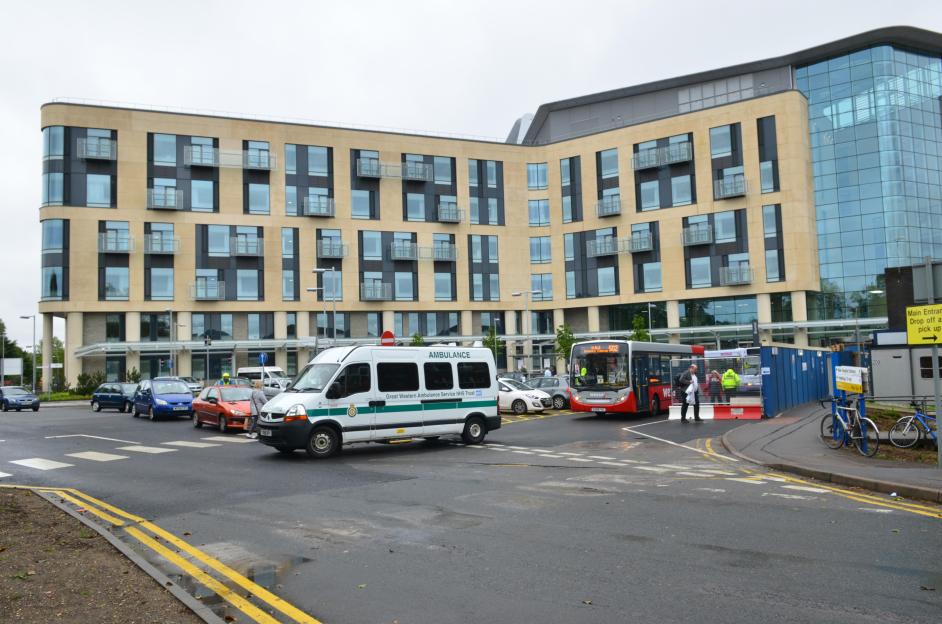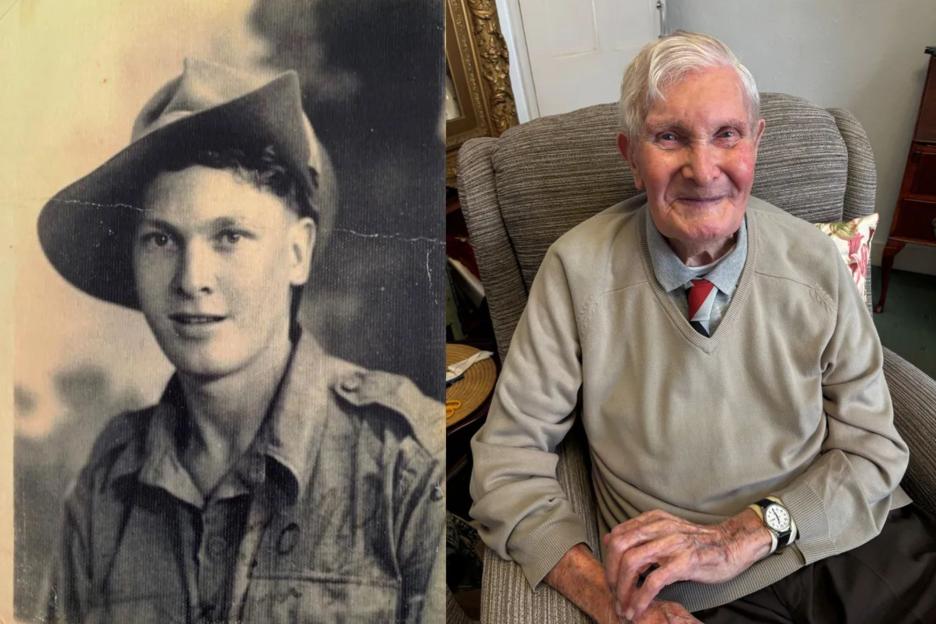AN OAP who allegedly died after a sexual assault in hospital was found covered in blood by nurses, an inquest heard.
Valerie Kneale, 75, was admitted to after suffering a stroke in 2018.
 Valerie Kneale, 75, died on November 16, 2018
Valerie Kneale, 75, died on November 16, 2018
 She had been admitted to the stroke unit of Blackpool Victoria Hospital
She had been admitted to the stroke unit of Blackpool Victoria Hospital
She tragically died on November 16 surrounded by friends and family.
But a murder was launched after a post-mortem gave her cause of death as “forcible sexual assault”.
heard Mrs Kneale’s had nothing to do with her death.
The retired clerical assistant had been placed on the after a scan revealed bleeding in her brain.
Despite her diagnosis, family members described her as “chatty” when they left her to go home that night.
But they were informed the next morning Mrs Kneale was suffering a “marked deterioration”.
She tragically died three days later, and police launched an investigation after previous allegations of neglect on that particular ward.
Consultant forensic pathologist Dr Alison Armour told the inquest, at , Mrs Kneale would have “survived for some time” after the stroke.
However, the post-mortem found she had been seriously injured in the days before her death.
It was concluded a “window of opportunity” arose to target the elderly patient during a night shift on November 12.
This was the only time Mrs Kneale’s family had not been with her, since being admitted to hospital.
Three healthcare assistants spoke of how they found the 75-year-old covered in blood on November 16.
One described “blood everywhere” on the bedsheets.
Dr Armour told the inquest: “I have never heard a description like that.”
She said her examination also revealed damage to Mrs Kneale’s bladder, which she had only seen documented in pelvis injuries from road traffic accidents.
However, bleeding did not appear visible, which doctors linked to possible blood clotting or because of the position Mrs Kneale was nursed in.
For Dr Armour, there was an essential failure to formally raise concerns about Mrs Kneale.
She called the bleeding following her death a “serious and significant clinical omission”.
This led to a “significant delay” in securing and preserving critical evidence in the investigation, according to retired senior officer Detective Chief Inspector Jill Riley.
She said earlier this week that Mrs Kneale’s room would have been cleaned and used by other patients before the post-mortem examination findings came back.
Hospital staff had also disposed of the clothing the patient wore at the time of her death.
There was also no CCTV to refer to around the hospital or stroke ward, as the data had over-run and been deleted, Riley added.
Despite “all possible lines of inquiry” being carried out during the murder probe, detectives have failed to identify who may have been responsible for inflicting the injuries on Mrs Kneale.
The inquest into her death is expected to conclude on Thursday afternoon.
 Valerie Kneale was found to have suffered ‘marked deterioration’ as a cause of her death
Valerie Kneale was found to have suffered ‘marked deterioration’ as a cause of her death







